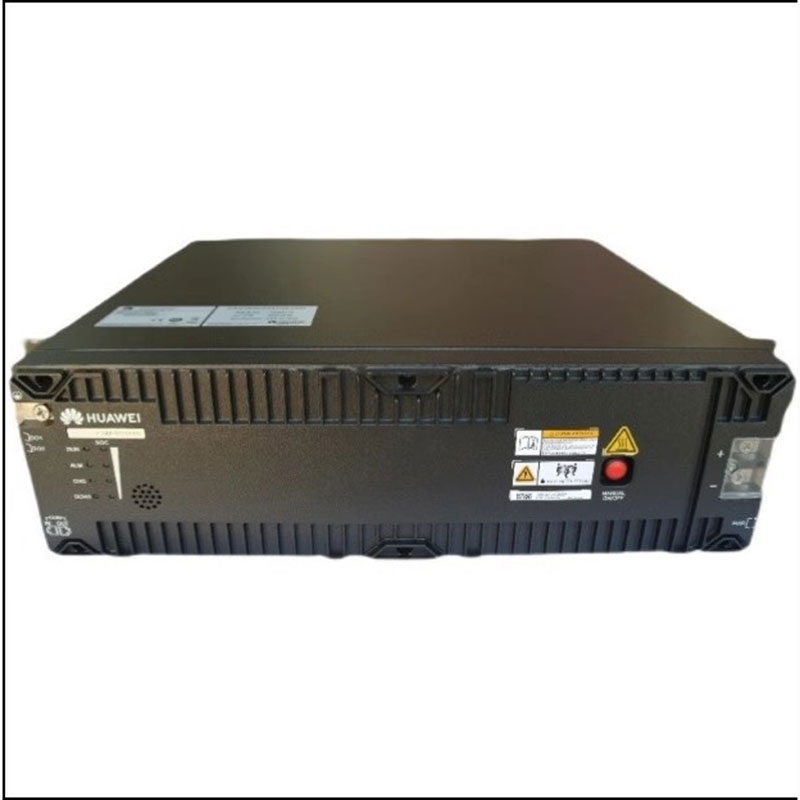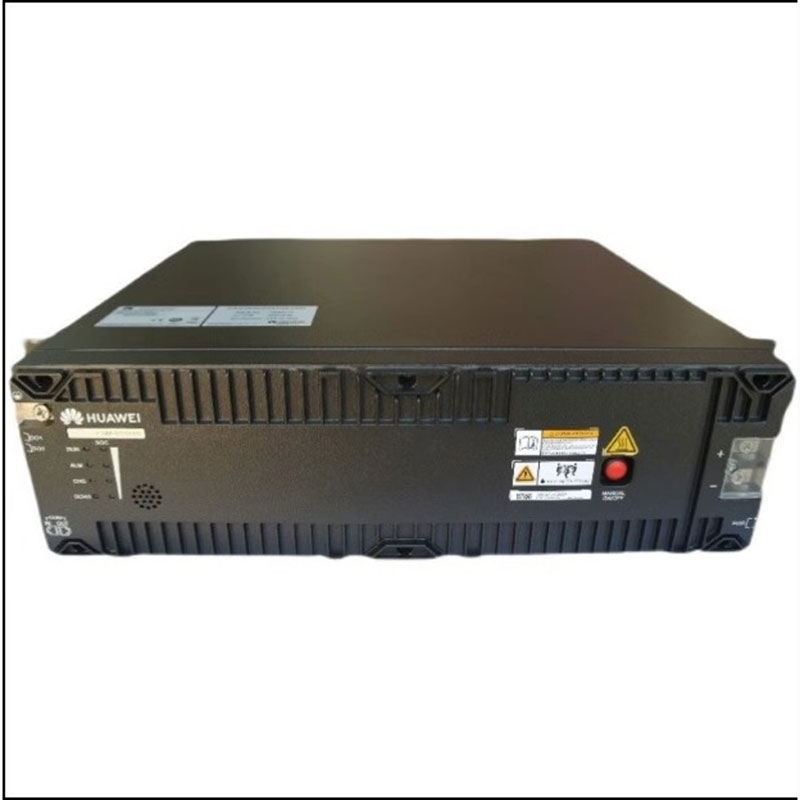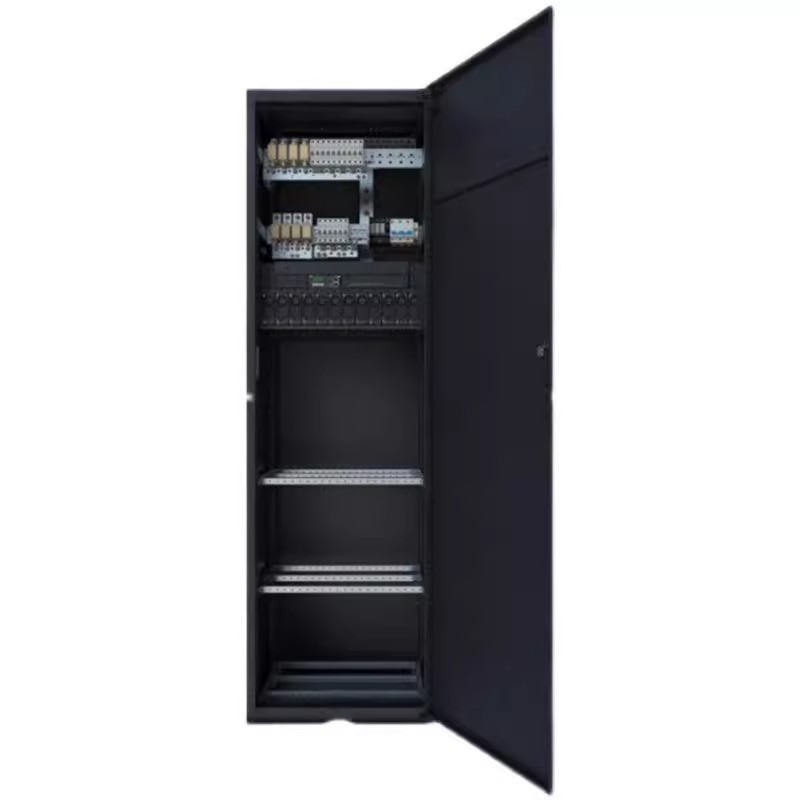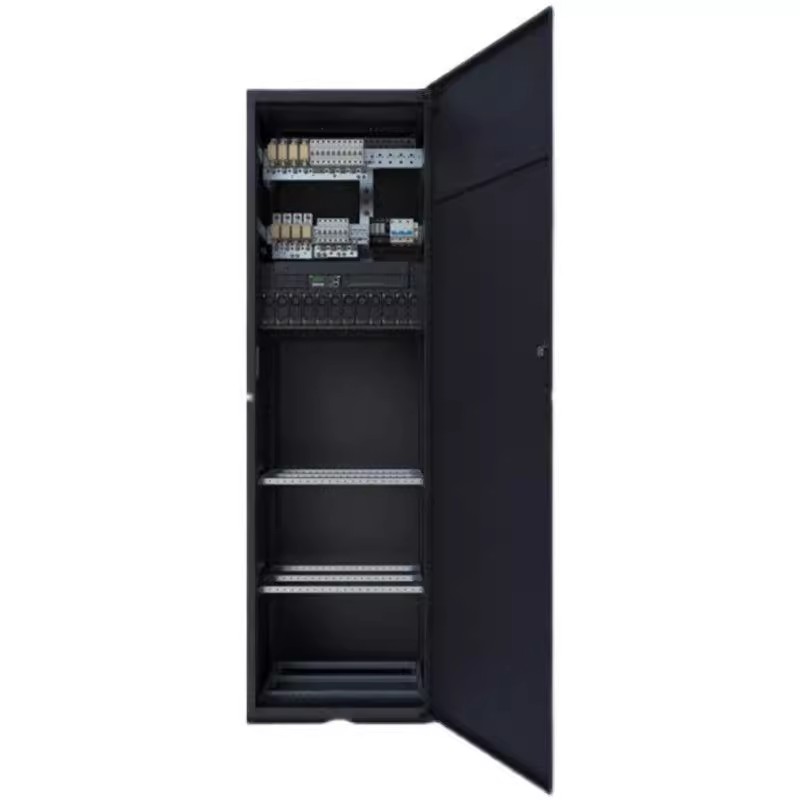Huawei Communication Power Supply: Why Use Direct Current?
In the ever-evolving world of communication networks, Huawei has established itself as a pioneer and leader. Their commitment to innovation and reliability has made them a trusted name in the industry. One of the key components that sets Huawei apart is their use of direct current in their communication power supply systems. In this article, we delve deeper into the reasons behind Huawei's choice of direct current and how it benefits their customers.
Efficiency and Reliability
When it comes to powering communication networks, efficiency and reliability are of utmost importance. Direct current (DC) power systems are known to be significantly more efficient compared to alternating current (AC) systems. This is because DC power transmission experiences less energy loss during conversion and distribution.
In Huawei's communication power supply systems, the use of direct current ensures that electricity is delivered with minimal energy loss. This means that the power supply can efficiently reach its intended destination, whether it's a remote cell tower or a data center, without compromising on reliability.
By optimizing the energy transfer process, Huawei is able to provide uninterrupted power supply to their customers, ensuring seamless communication services even in the most demanding environments.
Scalability and Flexibility
Communication networks are constantly evolving and expanding to meet the growing demands of the digital era. Huawei understands this need for scalability and flexibility. The use of direct current in their power supply systems allows for easier scaling and adaptation to changing network requirements.
Direct current power systems are highly compatible with renewable energy sources, such as solar panels and wind turbines. This makes it easier for Huawei to integrate sustainable power solutions into their network infrastructure, reducing their carbon footprint and contributing to a greener future.
Additionally, the use of direct current allows for greater flexibility in delivering power to various network components. Huawei's power supply systems can be customized to meet the specific power needs of different network elements, ensuring optimized performance and efficiency throughout the network.
Cost Savings
Cost-effectiveness is a crucial consideration for both communication service providers and end-users. Huawei's choice to use direct current in their communication power supply systems contributes to substantial cost savings.
Compared to alternating current, direct current power systems require less complex infrastructure and equipment. This results in lower installation and maintenance costs for both Huawei and their customers. Furthermore, the higher energy efficiency of direct current systems leads to reduced energy consumption and lower electricity bills.
By adopting direct current technology, Huawei enables their customers to enjoy long-term cost savings, making their communication services more accessible and affordable.
Conclusion
Huawei's decision to use direct current in their communication power supply systems is based on the principles of efficiency, reliability, scalability, flexibility, and cost-effectiveness. By leveraging the advantages of direct current, Huawei is able to provide their customers with high-performance and sustainable communication solutions.
As the world continues to embrace the digital age, Huawei remains committed to pushing the boundaries of communication technology and empowering individuals and businesses with seamless connectivity. Their choice to adopt direct current in their power supply systems reflects their dedication to delivering superior performance and value to their customers.
提升效率,降低线损
华为通信电源为什么要使用直流电?这是很多人都会问的一个问题。直流电在通信电源领域有着重要的地位,这主要是因为直流电能够提升效率,降低线损。
首先,直流电在传输过程中能够减少能量的损耗。相比交流电,直流电在传输过程中没有频率的限制,因此能够更有效地利用能量,降低能量的损耗。而对于通信设备来说,能量的损耗是非常重要的,直流电的使用可以有效地减少线路能量的损耗,提高设备的工作效率。
其次,直流电能够降低电线传输过程中的线损。直流电在传输过程中没有电流的变化,所以在电线中的电流密度分布相对均匀,电流的线损相对较小。而交流电在传输过程中由于电流的变化,导致电流密度分布不均匀,使得电线的导线横截面出现电流密度差异,从而增加电线的阻抗,造成线损的增加。因此,在通信电源中使用直流电能够降低线损,提高电力传输效率。
稳定性高,保障设备运行
华为通信电源使用直流电还有一个重要的原因,那就是直流电的稳定性比交流电高,可以更好地保障设备的运行。
交流电在传输过程中会受到电流的频率和相位变化的影响,这可能会对通信设备的工作产生影响。而直流电在传输过程中没有这些问题,稳定的电流可以提供给设备,保障设备的正常运行。
此外,直流电的稳定性还可以保护设备免受电流冲击的影响。在通信系统中,电源的电流冲击可能会对设备造成很大的损害,甚至使设备失效。而直流电在传输过程中没有电流变化,可以避免电流冲击对设备造成的损害。
方便升级,适应新技术
华为通信电源使用直流电还有一个重要的优势,那就是方便升级、适应新技术的发展。
随着通信技术的不断发展,通信设备需要不断升级,以满足新的技术要求。而直流电作为通信电源的供电方式,能够更好地适应设备的升级需求。相比交流电,直流电的供电方式更灵活,可以根据设备的需求进行调整和升级,为设备提供更稳定、更可靠的电源。
在技术升级的同时,直流电还能够提供更高的功率密度,满足设备对功率密度的要求。随着通信设备的迅猛发展,对功率密度的要求也越来越高,而直流电作为通信电源的供电方式,能够更好地满足设备对功率密度的要求,为设备的发展提供更强有力的支持。
结语
综上所述,华为通信电源使用直流电有着诸多优势。直流电能够提高效率,降低线损,保障设备的运行;直流电的稳定性高,能够减少电流冲击对设备的损害;直流电的供电方式灵活,方便设备升级和适应新技术的发展。因此,华为通信电源选择使用直流电,不仅能够为用户提供更稳定、更可靠的通信服务,还能满足设备不断升级和技术发展的需求,助力通信行业的蓬勃发展。


![[sldie:title]](/static/upload/image/20231115/1700030881433478.jpg)
![[sldie:title]](/static/upload/image/20231115/1700030924314974.jpg)




